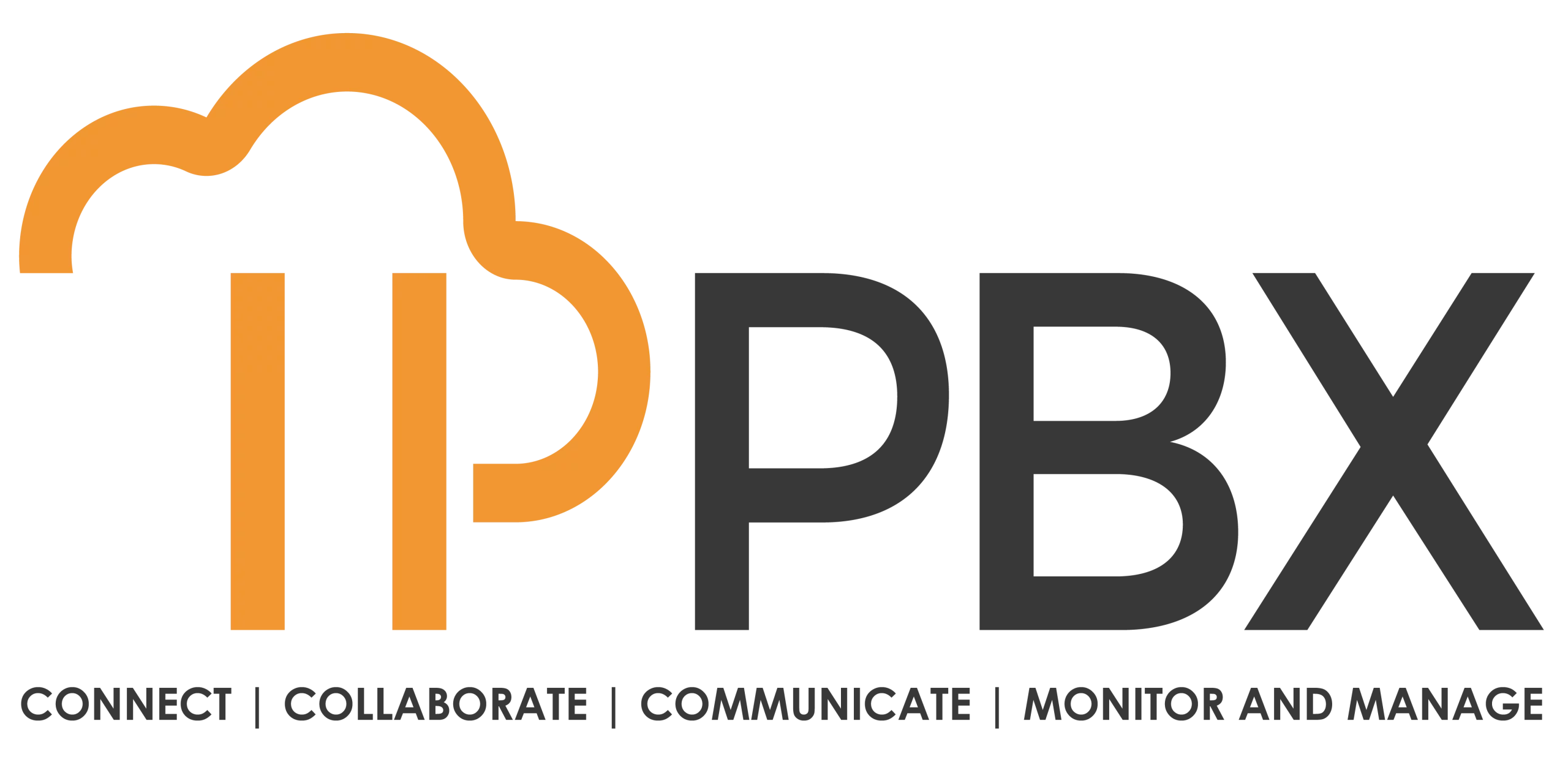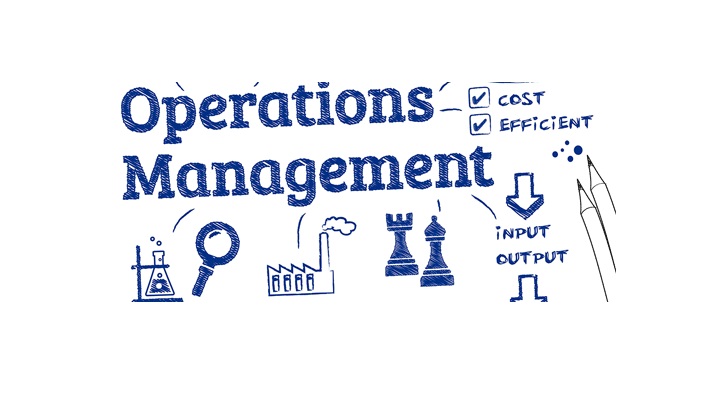In today’s competitive business landscape, leveraging technology is essential for enhancing efficiency and productivity. AI in operations management is transforming how organizations streamline processes, make data-driven decisions, and improve overall performance. This article explores some of the top AI tools that are revolutionizing operations management, enabling businesses to work smarter and achieve their goals.
1. Secure Sync
Secure Sync is an AI-powered platform designed specifically for security workforce automation. It helps organizations manage scheduling, quality control, and staffing efficiently, making it easier to scale operations without chaos.
Key Features:
- GeoSync Smart: Utilizes facial recognition and geofence-based check-ins to ensure guard compliance.
- Surge Staffing: Quickly fill staffing needs with 50-100 applications in under four hours.
- Real-Time Quality Control: Automatically flags missed checks and provides incident reports.
Benefits:
Secure Sync enhances operational efficiency by automating 80% of tasks, significantly reducing administrative costs and improving service quality.
2. Asana
Asana is a widely-used project management tool that incorporates AI to enhance team collaboration and task management. With features designed to streamline workflows, Asana helps teams stay organized and efficient.
Key Features:
- Task Automation: Automatically assign tasks based on project progress and team availability.
- AI-Powered Insights: Provides data-driven recommendations for optimizing project timelines.
- Integration Capabilities: Seamlessly connects with other tools to enhance functionality.
Benefits:
Asana’s AI features empower teams to manage projects more effectively, reducing bottlenecks and ensuring timely completion of tasks.
3. Trello with Butler Automation
Trello is a visual project management tool that can be enhanced with Butler automation, allowing users to automate repetitive tasks within their boards. This integration makes it easier for teams to focus on high-value activities.
Key Features:
- Custom Automation Rules: Set up triggers to automate card movements and notifications.
- Real-Time Collaboration: Keep team members informed about updates and changes.
- Integrations: Connects with various applications for a more streamlined workflow.
Benefits:
Using Trello with Butler automation allows teams to enhance collaboration and maintain focus on important tasks, improving overall project management.
4. Microsoft Power Automate
Microsoft Power Automate is a powerful tool that facilitates automation across Microsoft applications and other services. It allows organizations to create automated workflows that save time and improve efficiency.
Key Features:
- Pre-Built Templates: Provides ready-to-use workflows for common tasks.
- Integration with Microsoft 365: Seamlessly connects with tools like Outlook, SharePoint, and Teams.
- Data Insights: Analyzes workflows to identify areas for improvement.
Benefits:
Power Automate helps organizations streamline operations by automating repetitive tasks, allowing employees to focus on more strategic initiatives.
5. HubSpot
HubSpot is a comprehensive marketing, sales, and service platform that incorporates AI to enhance operations management. Its automation features streamline customer interactions and improve team collaboration.
Key Features:
- Automated Workflows: Automates marketing campaigns, lead nurturing, and customer follow-ups.
- AI-Driven Analytics: Provides insights into customer behavior and campaign performance.
- Integration with CRM: Enhances customer relationship management through automated data tracking.
Benefits:
HubSpot’s AI capabilities help organizations improve customer engagement and streamline marketing efforts, leading to higher conversion rates.
6. Monday.com
Monday.com is a versatile work operating system that uses AI to manage projects and workflows effectively. Its customizable features allow teams to automate processes tailored to their specific needs.
Key Features:
- Automation Recipes: Set up custom automation for task assignments and notifications.
- Visual Project Tracking: Provides real-time updates on project status and team performance.
- Integration with Other Tools: Connects with various applications for enhanced functionality.
Benefits:
Monday.com’s AI-driven approach to operations management helps teams increase efficiency and ensure that projects are completed on time.
7. Smartsheet
Smartsheet is a collaborative work management platform that leverages AI to enhance project management and operational efficiency. It enables teams to automate workflows and track progress in real-time.
Key Features:
- Automated Alerts and Reminders: Keeps team members informed about upcoming deadlines and tasks.
- Data-Driven Insights: Analyzes project performance and identifies areas for improvement.
- Integration Capabilities: Connects with popular tools like Slack, Google Drive, and Microsoft Teams.
Benefits:
Smartsheet’s AI features empower teams to work more collaboratively and efficiently, ultimately driving project success.
8. IBM Watson
IBM Watson is a powerful AI platform that offers a range of solutions for operations management. Its advanced analytics capabilities help organizations make data-driven decisions and optimize processes.
Key Features:
- Natural Language Processing: Analyzes unstructured data for insights.
- Predictive Analytics: Forecasts trends and identifies potential risks.
- Integration with Business Applications: Enhances operational efficiency across various platforms.
Benefits:
By leveraging IBM Watson, organizations can improve decision-making processes and enhance operational efficiency through data-driven insights.
9. Salesforce Einstein
Salesforce Einstein is an AI-powered analytics tool integrated within the Salesforce platform. It enhances customer relationship management by providing valuable insights and automating tasks.
Key Features:
- AI-Driven Insights: Analyzes customer data to provide actionable recommendations.
- Automated Task Management: Streamlines sales processes and customer interactions.
- Integration with Salesforce: Enhances CRM capabilities through automation.
Benefits:
Salesforce Einstein empowers sales teams to optimize their strategies, improve customer engagement, and drive revenue growth.
10. Chatbots and Virtual Assistants
Chatbots and virtual assistants are increasingly being used in operations management to enhance customer service and streamline communication. These AI-driven tools can automate responses to customer inquiries, schedule appointments, and gather feedback.
Key Features:
- 24/7 Availability: Provides instant support to customers at any time.
- Automated Responses: Handles common inquiries without human intervention.
- Integration with CRM Systems: Enhances customer interactions by providing relevant information.
Benefits:
Chatbots improve customer satisfaction by providing immediate assistance and freeing up human agents to focus on more complex issues.
Conclusion
The integration of AI in operations management is transforming how organizations operate, leading to enhanced efficiency, improved decision-making, and better customer experiences. By leveraging AI tools like Secure Sync, Asana, and IBM Watson, businesses can streamline processes and empower their teams to work smarter. As technology continues to evolve, organizations that embrace AI will be well-positioned for long-term success and competitive advantage.

